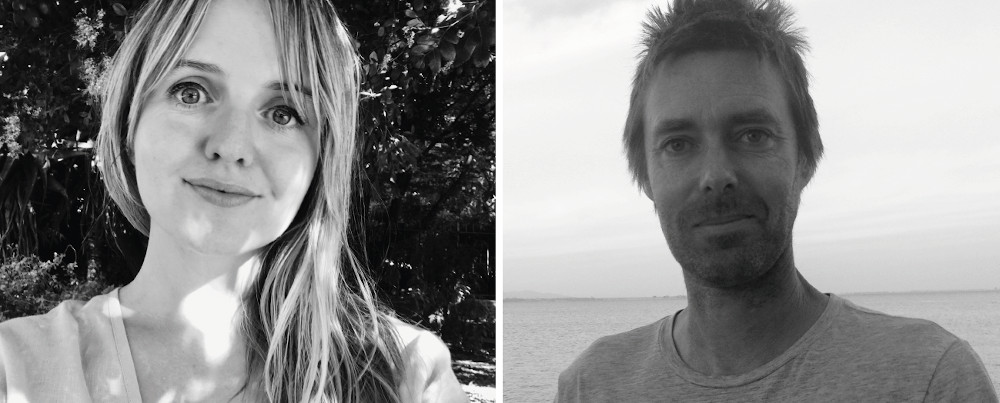
‘to make
is to risk
making
a botch’
—Harry Gilonis
As we sit down to write this introduction it’s reaching the end of winter in Geelong (Djilang), on unceded Wadawurrung Country – close to a year since we first considered the issue and its theme with Cordite’s Kent MacCarter. OPEN. What to say? Wattle’s blossoming in the park; magnolias are opening along suburban streets.1 The pandemic isn’t over, even if lockdowns have ended and, for many, masks are no longer. The government has changed, though as Behrouz Boochani wrote recently, in fundamental ways so-called Australia remains unaltered, seemingly unwilling to imagine itself anew. And so – amid continued violence across parts of the world including Ukraine, Gaza, and this colony – our approach to ‘Open’, at least thematically, remains an ironic, uneasy one.
Still. Open the balcony door and take a look: words and words … or should that read worlds? You pick. May the poem always be open and alert to whatever comes its way.
Our initial call-out for this issue suggested we were keen to see ‘crafted poems and crafty poems: writing conscious of its own making, unmaking, and making it new, of its contexts and antecedents’. We have – by design – been ‘open’ to how individual poems respond to our theme; we hope that makes for an eclectic mix of work that, in one way or another, makes for a compelling issue.
The poems we’ve selected caught and held our attention: they are poems that demonstrate an attentiveness to language and its possibilities (allusive, elusive, multivalent?), as well as paying close attention to the spaces they inhabit; spaces they both contribute to constructing and scrutinise through their presence. We were drawn to poems alert to their cultural and socio-material contexts; poems that opened conversations with other poets, artists and artworks, various other interlocutors, and new vantage points; poems that ‘opened’ as an action/verb, or whose openings – breaches, gaps, or breaks – provoked humour, joy, curiosity, discomfort, and/or surprise. Other poems here are ‘open’ in their frankness or candour, or – beyond theme or subject matter – also asked us to consider what an ‘open’ poem might look like, formally.
We were immensely humbled to receive submissions from more than 500 poets through the Submittable portal, and are grateful to each of the writers who generously submitted their work for this issue. We were honoured to read poetry of this magnitude and scope – and inevitably, we had to turn away many excellent poems. Had we opened the submissions portal at another interval in time, it feels possible that this issue might have comprised quite a different assortment of works – but this is the result of/at this juncture, and we remain appreciative and in no small part daunted by our part in bringing this issue together.
Thank you again to the poets whose works form this issue – for opening your words/worlds to us, and for the various pleasures and/or perturbances their poems offered to us as their early readers.
Thank you also to Kent MacCarter – a superb poet himself – and the rest of the Cordite team for continuing to create such a vibrant and inclusive publication.
We choose to close this editorial by deferring to the poems themselves, inviting you – the reader – to open (unfurl, uncork?) them next.
- As we finalised this editorial, Behrouz Boochani introduced us to the work of the exiled Iranian poet Alireza Roshan, who in The Book of Absence evokes another seasonal environment, a doubling slightly out of kilter with our timeframe or zone, yet resonant in speaking to something of a mood and milieu – a sense of transition/continuity: As the seasons change // the plums // are replaced by persimmons // longing // by // longing. In another section of his text, Roshan writes: ‘No matter how many windows / I open – darkness / won’t leave my home’ – lines which also correspond with some of the apprehensions and incongruities we’ve felt and brought to perceiving ideas of ‘open’, sensing that however open or opened language might be, it remains contextual, and that for many writers, freedoms are fraught, conditional or relative. ↩









